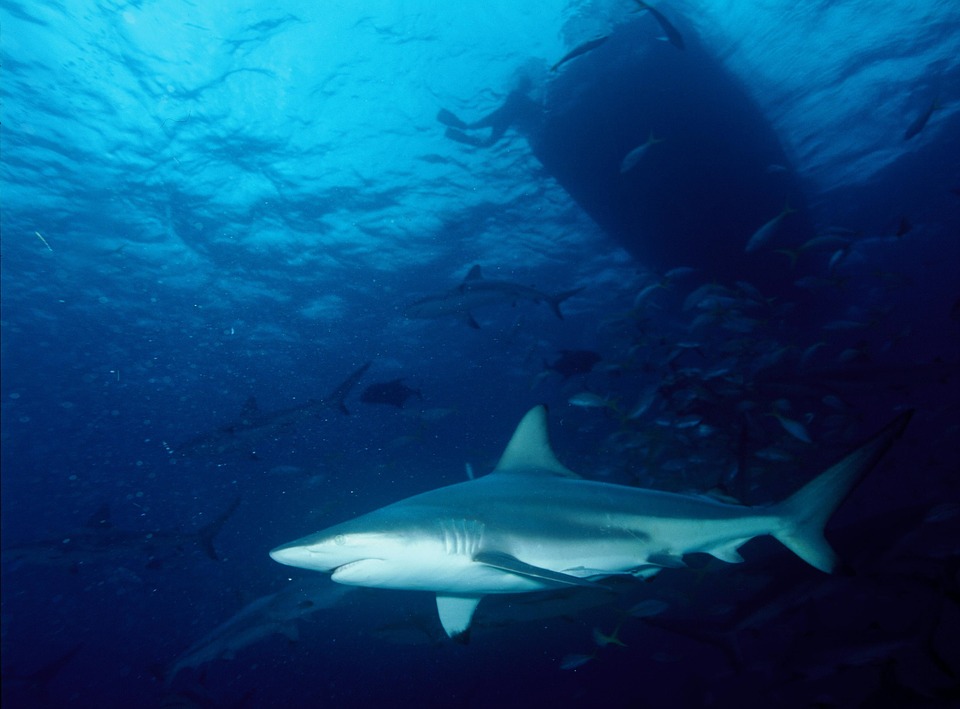July 19, 2018 — Fishermen and beachgoers alike have long viewed sharks with something less than admiration, but advances in technology have proven they are deeply valuable, scientists told lawmakers on Capitol Hill Wednesday. Yet that value could be lost if climate change and overfishing continue to threaten the predator and its habitat.
The Senate Commerce, Science and Transportation Committee heard testimony from several scientists about the value of shark research during a Wednesday morning session.
Among them was Dr. Robert Hueter, of the Mote Marine Laboratory in Florida, who said he’s studied sharks for 40 years and that his most satisfying moments have come when he’s gotten to watch people shift from vilifying sharks to appreciating them.
“Now I see people on the coast watching sharks with tags swim by,” Hueter said. “They don’t want to kill them but instead, they’re rooting them on and sometimes, they even [figuratively] adopt them. They understand the shark isn’t looking to eat people but they’re doing what they have done for millions of years. We’re winning the battle [for conservation] and activism is spreading, so it’s very exciting.”

